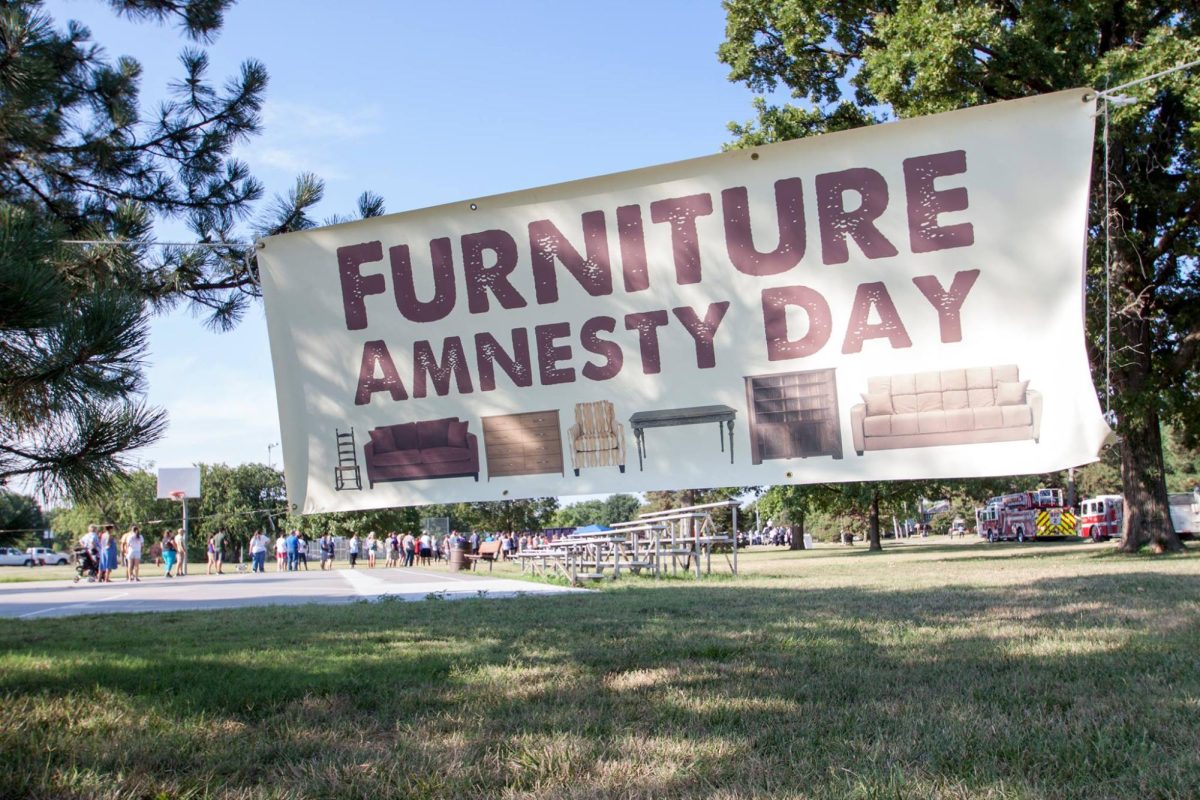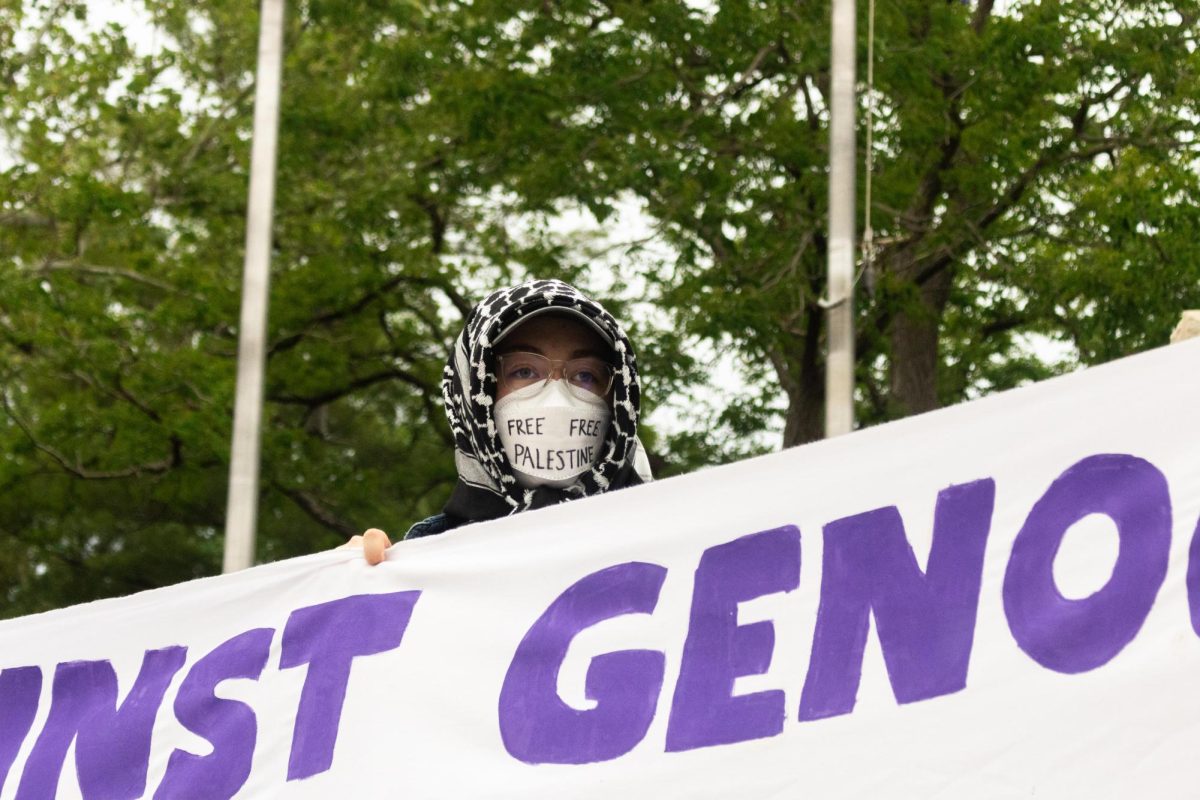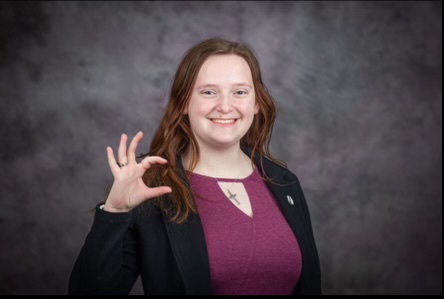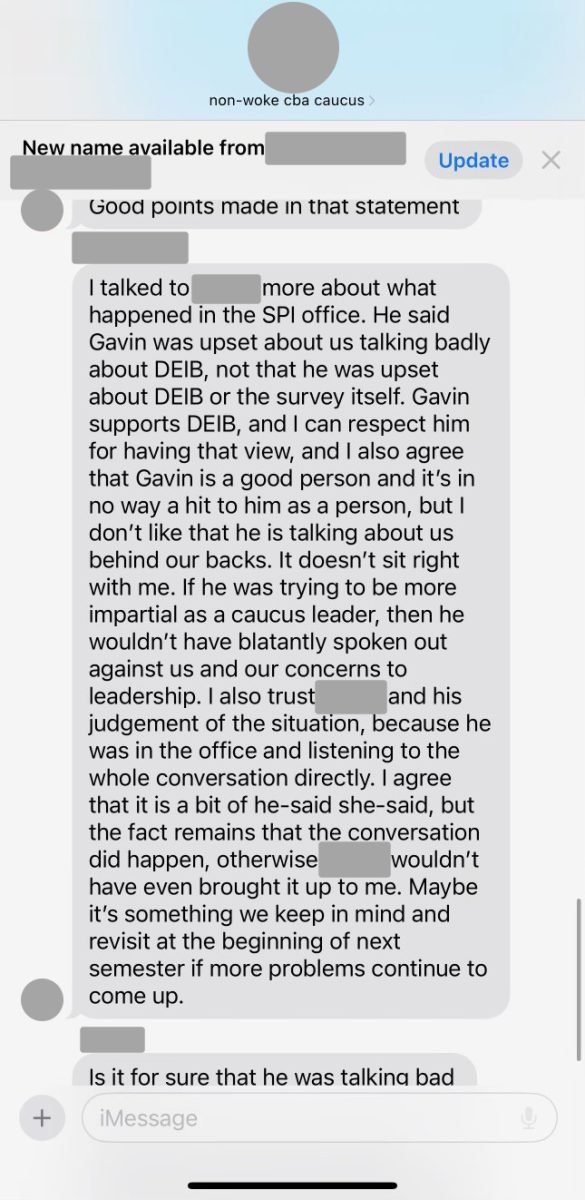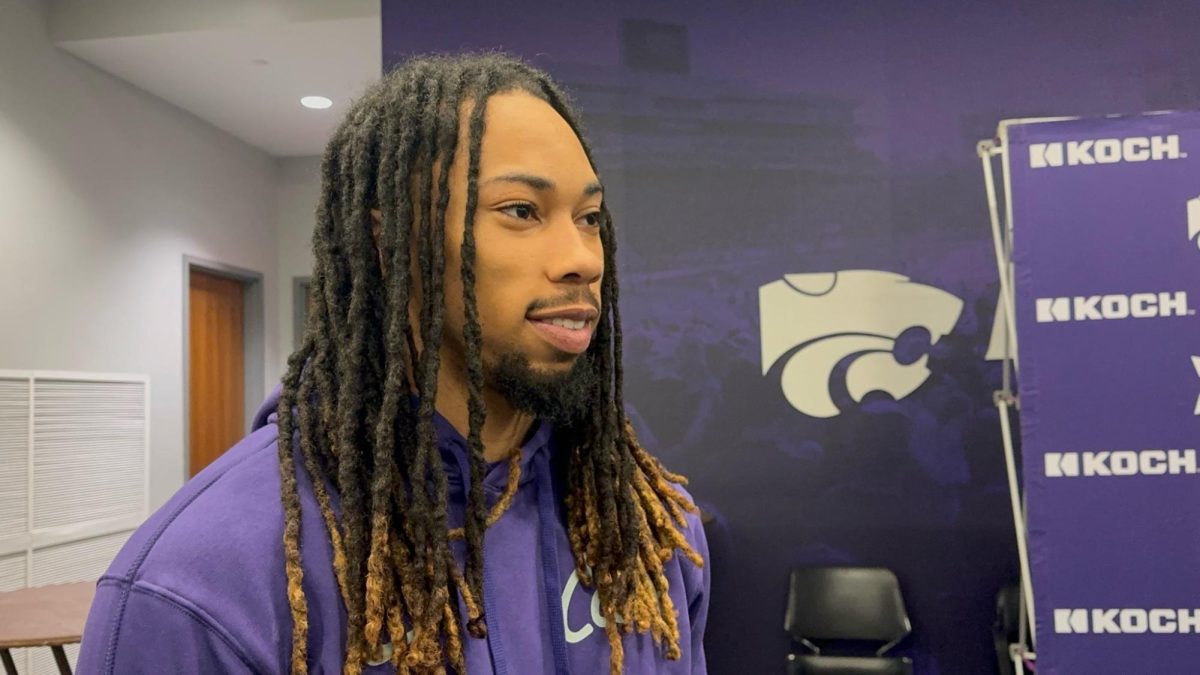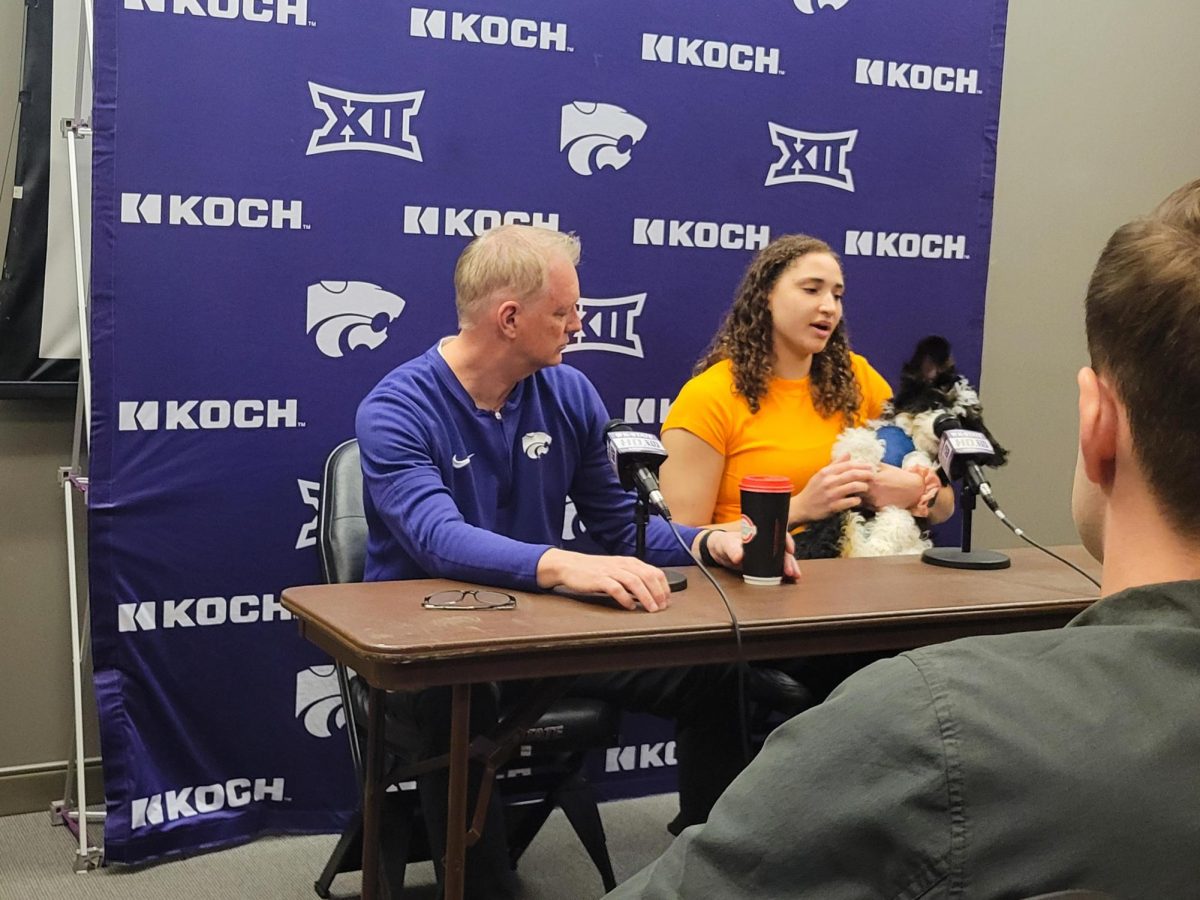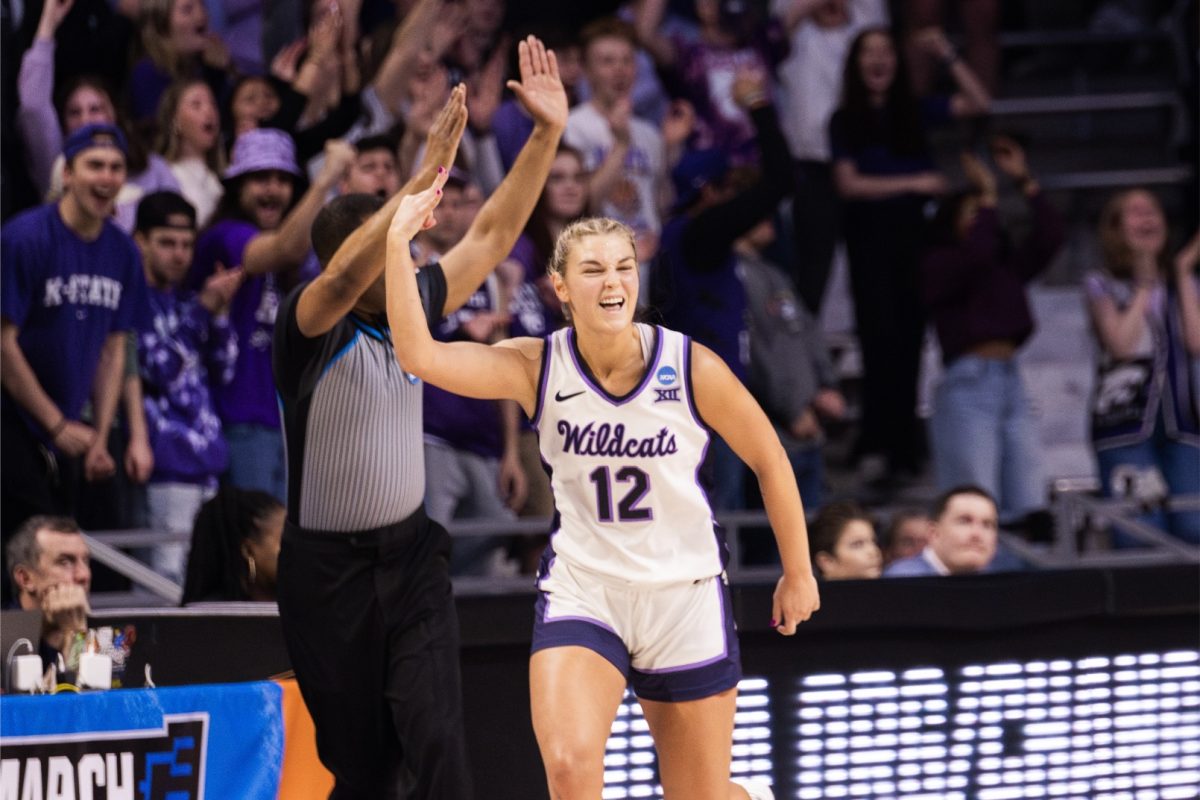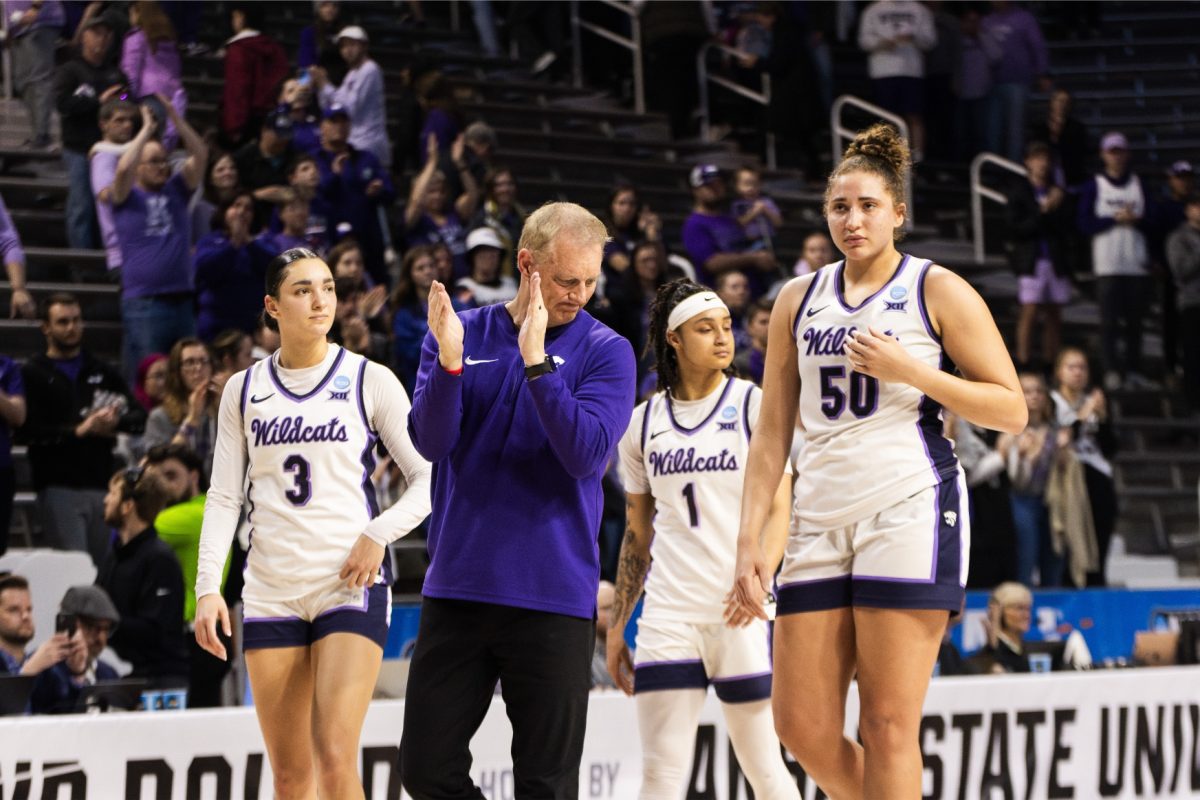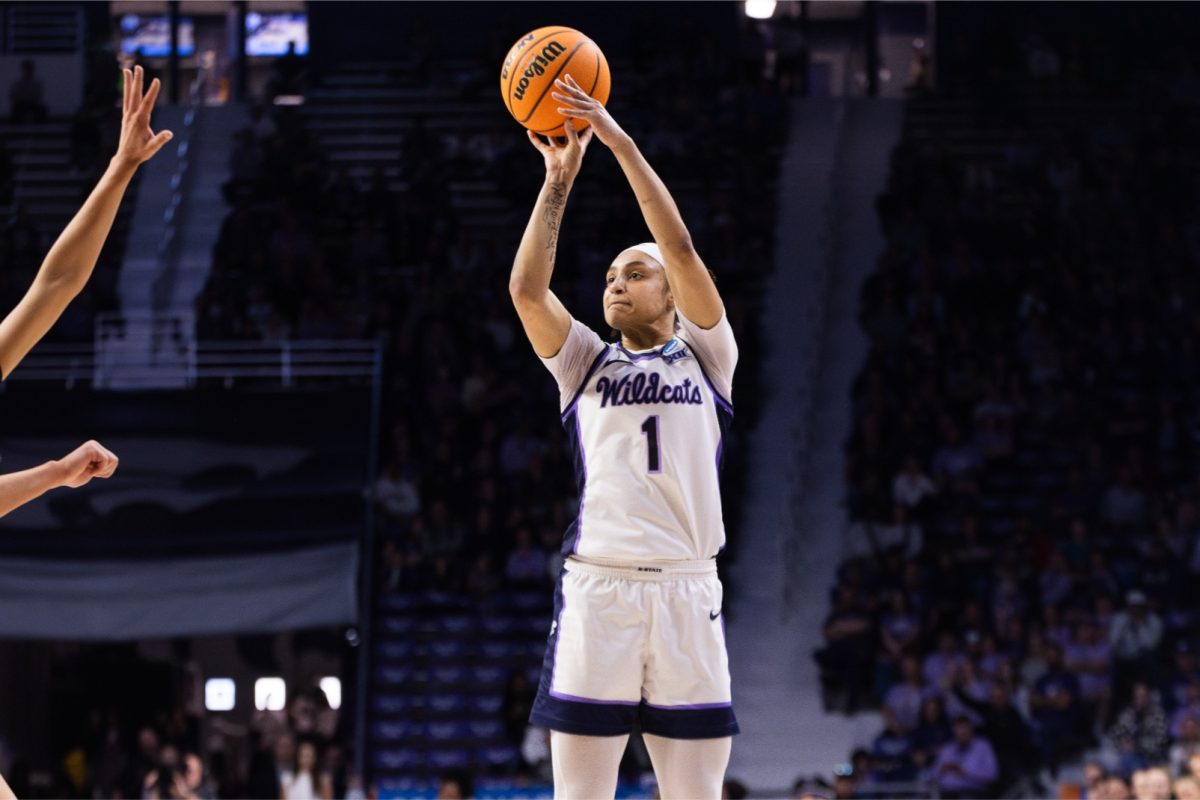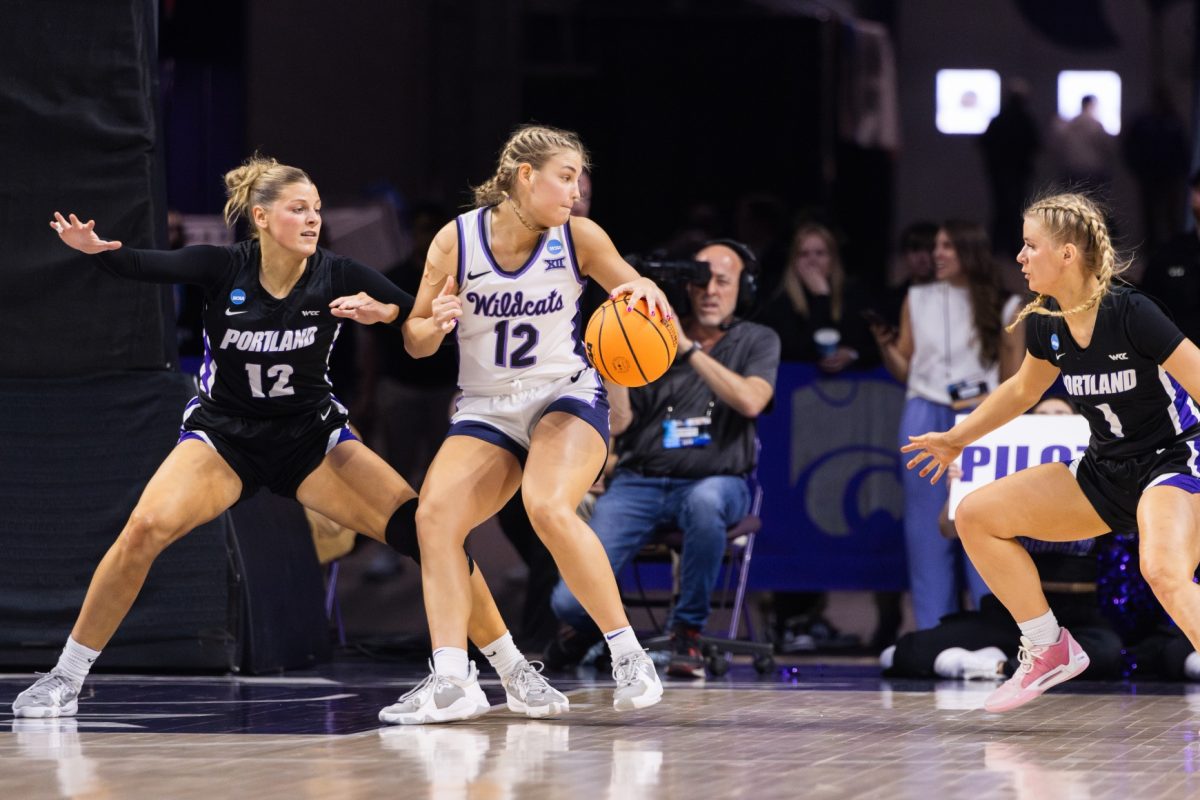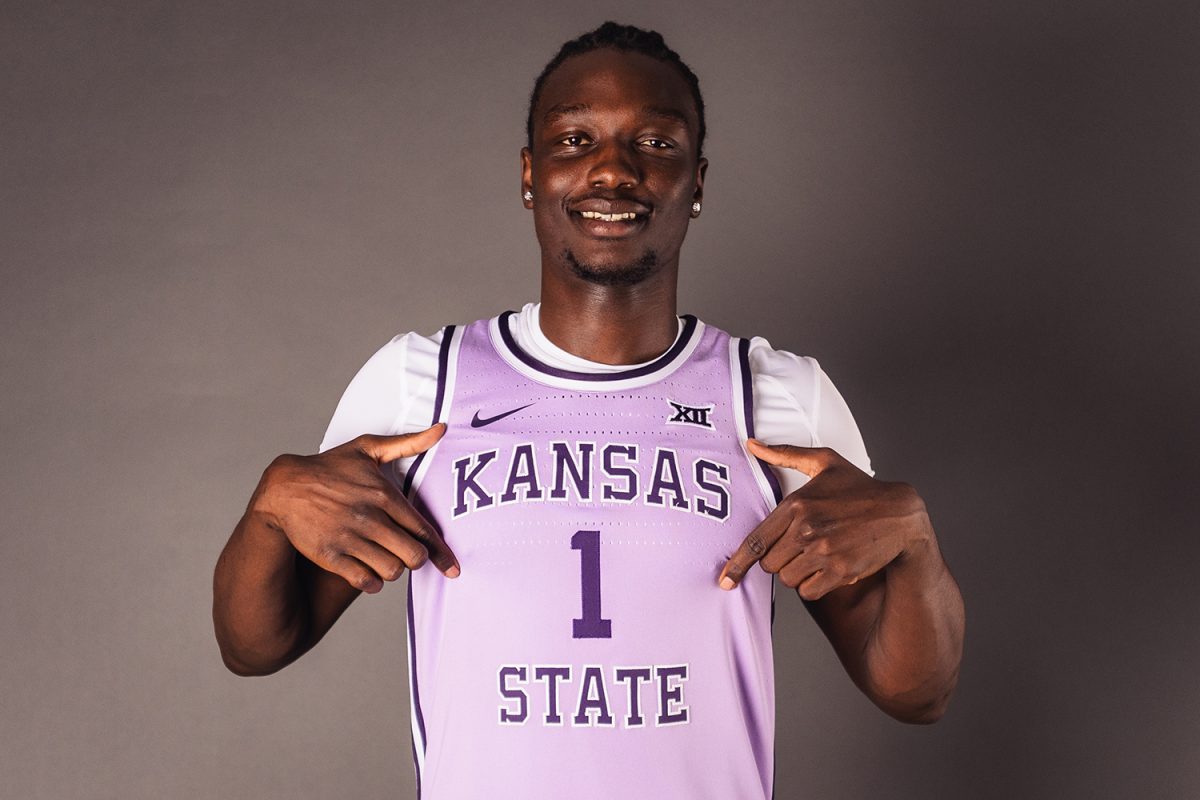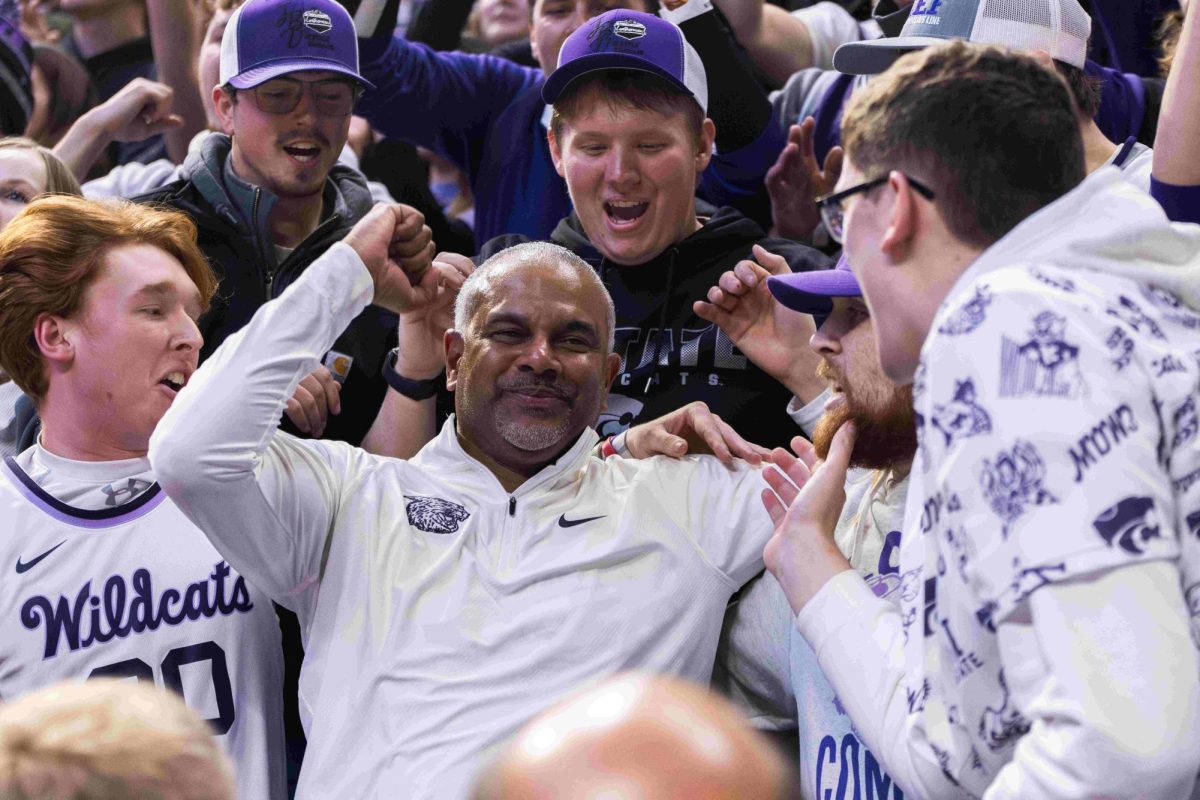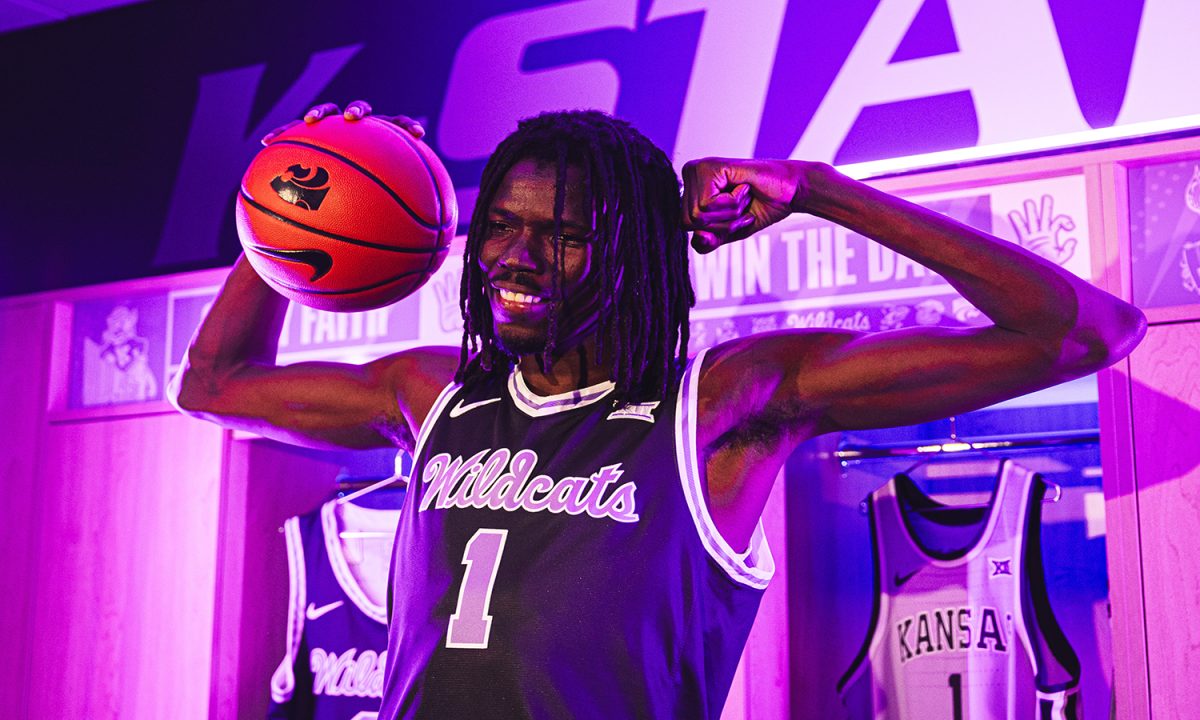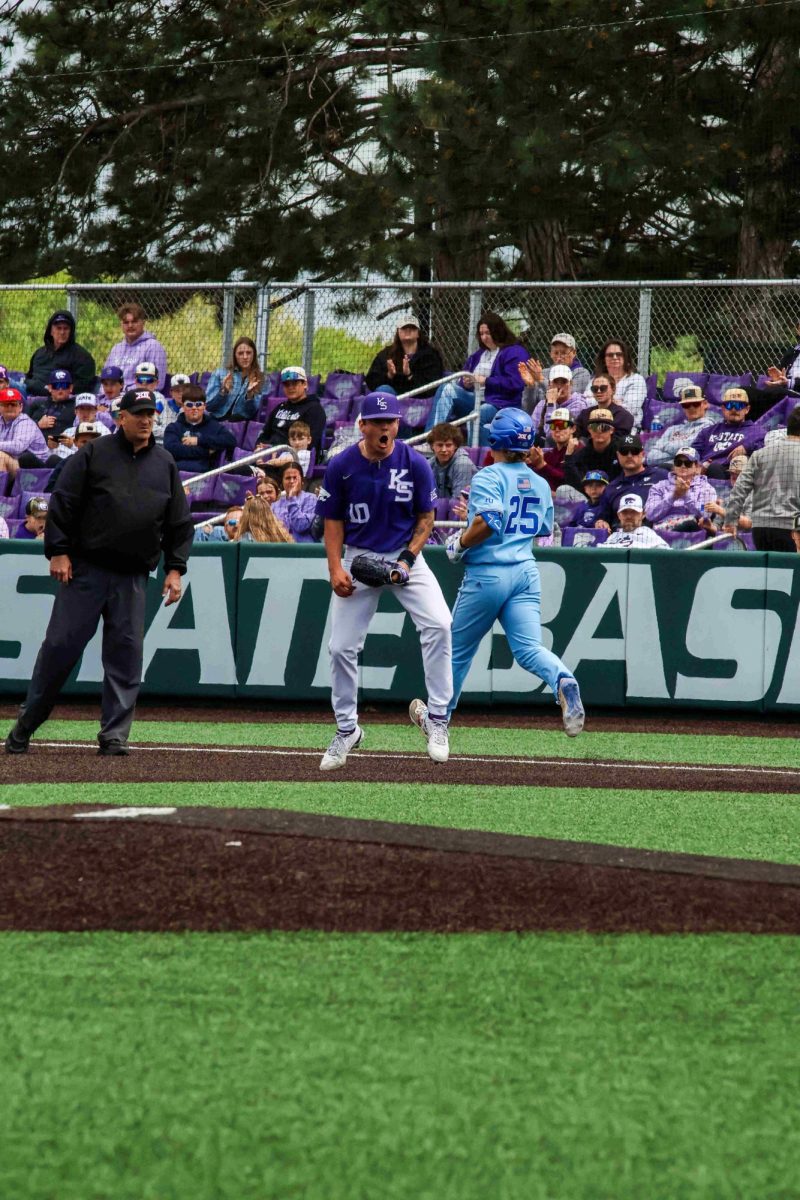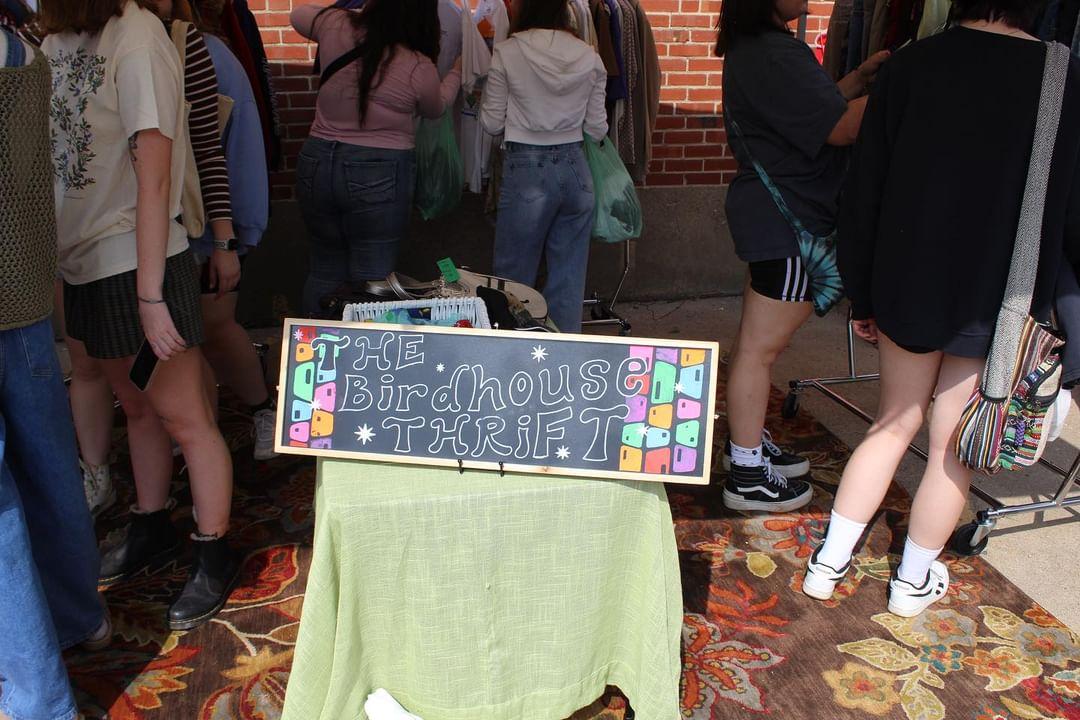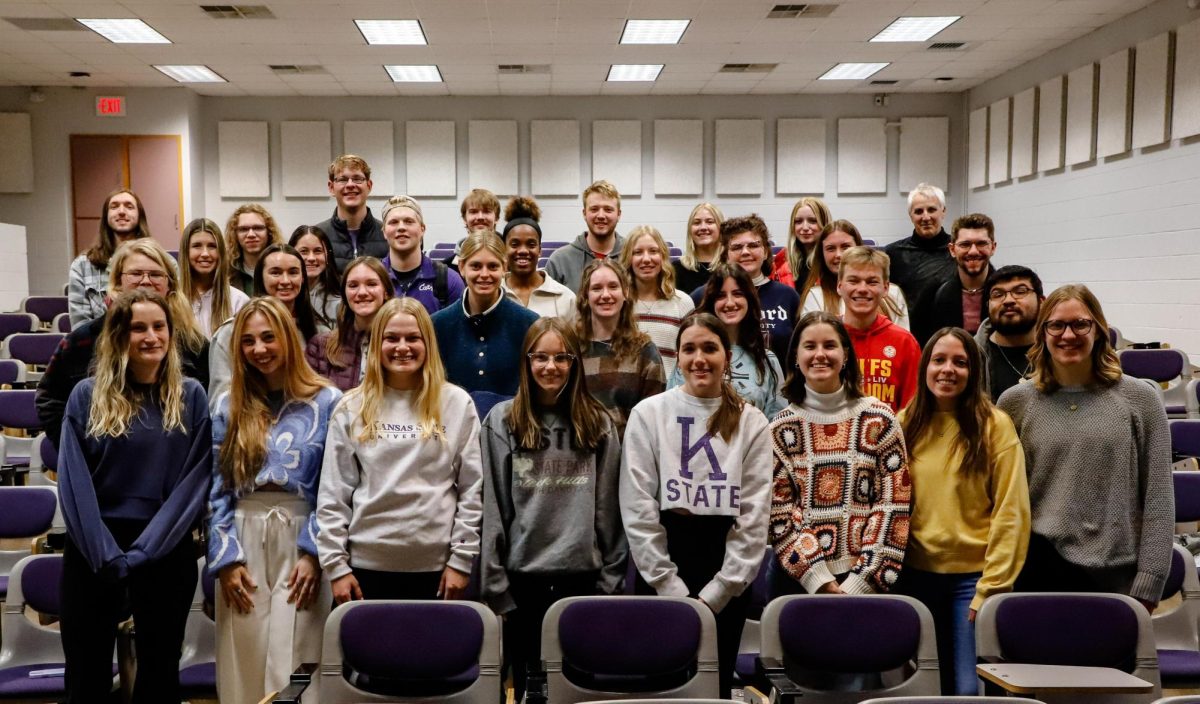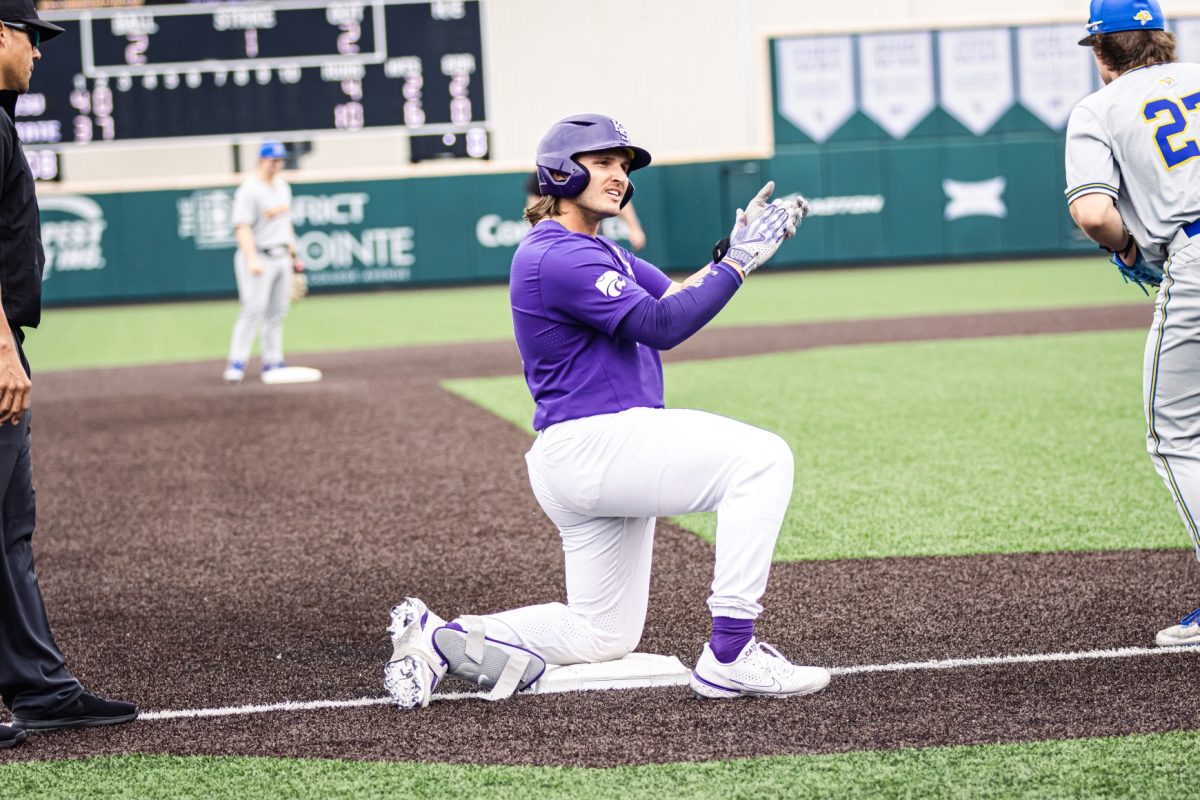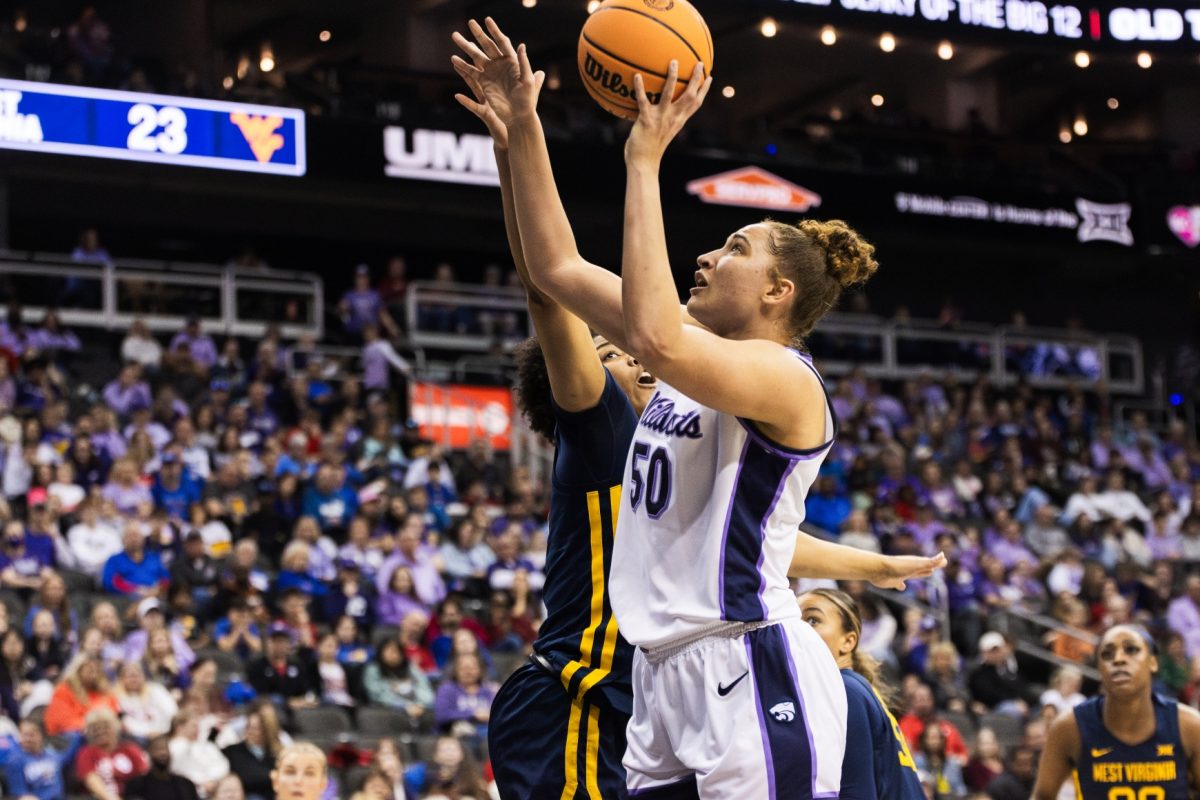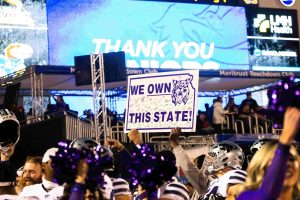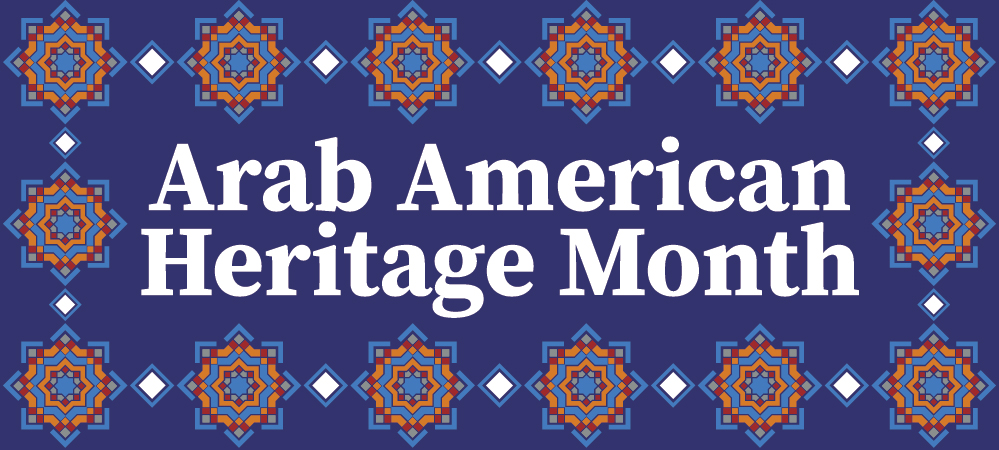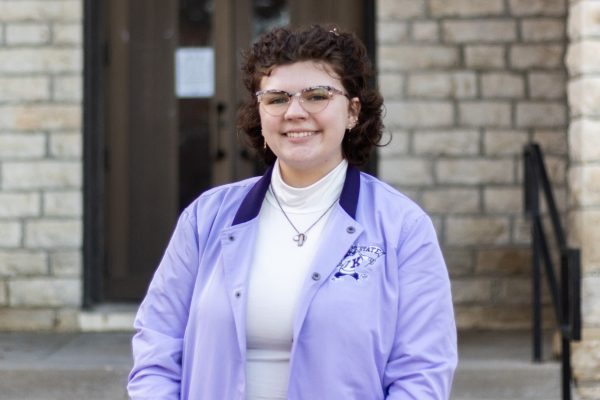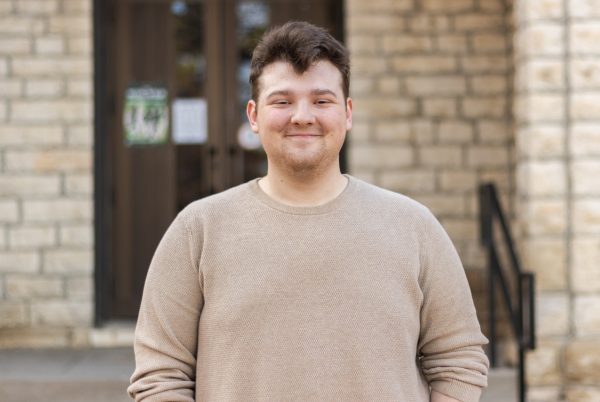The United States is a rich collage of diverse cultures, identities and backgrounds, and April honors Arab Americans through National Arab American Heritage Month.
Heritage months build healthier, more inclusive communities by celebrating the legacy and accomplishments of historically marginalized identities. President Biden recognized April as National Arab American Heritage Month in 2021, following advocacy from the Arab America Foundation in 2017.
“The Arab American community is essential to the fabric of our Nation,” President Biden wrote after the proclamation. “It exemplifies so much of what our country stands for: hard work, resilience, compassion and generosity.”
Arab Americans have a rich history in the U.S., tracing their roots back to the nation’s founding.
According to the 2020 U.S. Census, approximately 3.7 million Americans have Arab heritage, with roots in 22 countries in the Middle East and North Africa. While these countries are ethnically and religiously diverse, they share the same linguistic heritage: Arabic.
Notable Arab Americans include supermodels Bella and Gigi Hadid, Democrat congresswoman Rashida Tlaib and the late Kansas State professor known for his pioneering contributions in the study of the Middle East, the Arab World and Arab American Identity Michael W. Suleiman.
Sabri Ciftci, political science professor, Michael W. Suleiman Chair and founder of the Middle Eastern Studies minor at K-State, emphasized the importance of Arab American and Middle Eastern Visibility.
Through the Suleiman Chair position, founded in Suleiman’s honor, Ciftci organized conferences, lectures and a symposium on Middle Eastern, Muslim American and Arab American topics. He also supports student organizations and events to enhance the visibility of Arab and Middle Eastern communities.
“Increasing the visibility of Arab and Middle Eastern communities in Manhattan will help remove prejudices, misconceptions and create meaningful contact with the minority groups,” Ciftci said. “There is too much misperception and prejudice about Middle Easterns, Arabs and Muslims. Being the Michael W. Suleiman Chair means that I have an opportunity to change that.”
Ciftci said visibility is especially important in the global climate.
“The Arab American community is experiencing a difficult time,” Ciftci said. “The events unfolding in Gaza are deeply disturbing to [the] Arab community in the U.S. Many Arab Americans have strong ties to Palestine. Some lost many family members. [The] Arab American community remained resilient in promoting Palestinian independence and lobbying for a two-state solution.
“In addition, after the war in Gaza, Arab and Muslim Americans faced significant prejudice. Anti-Arab racism and Islamophobia spiked after Oct. 7, [2023], resembling the climate after 9/11 and the 2016 presidential election campaign. So far, the media’s coverage has been biased and does not properly acknowledge the sensitivities of the Arab-American community. It is important that we recognize such challenges when celebrating the Arab-American heritage and reach out to the Middle Eastern communities for support. It is important that we recognize the discrimination against the Arab, Arab-American and Muslim-American communities and help reduce misperceptions through education and engagement.”
Ciftci said K-State can reduce misperceptions by promoting and furthering Middle East Studies, events, student organizations and more.
“It would be great if K-State continues to support these activities through administrative and financial support,” Ciftci said. “In addition, increasing the number of international students from the Middle East, building exchange and study abroad programs will help create meaningful contact to change misperceptions.”
To celebrate NAAHM in April and beyond, here are some ways to learn about and uplift Arab Americans:
Get involved at K-State
Support classes, events and programs at K-State by enrolling and attending events.
Students looking for information on classes can visit the Political Science Department’s Middle East Studies Minor page or consider enrolling in Arabic for a language requirement.
OrgCentral, K-State’s online student organization platform, also has information on student organizations and upcoming events.
Learn more
Understanding the history and diverse lives of Arab Americans is one of the easiest ways to prevent cultural misconceptions.
PBS’ webpage has a list of free online documentaries on the history of Arab Americans and more to watch. You can also check out an award-winning podcast like “See Something Say Something” to learn more.
Explore Arab American art
Ciftci recommended looking into Arabic calligraphy artist Hassan Massoudy for those interested in the visual arts.
“His work combines traditional art forms with modern themes and philosophical ideas of peace,” Ciftci said.
You can visit Massoudy’s instagram @hassanmassoudy to see his work.
Read books and poems by Arab Americans
In addition to April being NAAHM, it’s also National Poetry Month.
“I would definitely recommend Kahlil Gibran’s novels and poems,” Ciftci said. “He has been one of the most influential Lebanese writers in America. He presents mystical Arab-English themes in his works. Especially one of his novels, ‘The Prophet,’ consisting of 26 poems about life experiences, is worth reading.”
Learning about Arabic literary movements like the Mahjar is also a great way to honor Arab American legacies. The introductory article on the movement titled “A Brief Guide to the Mahjar” from Poets.org is a great place to start.

